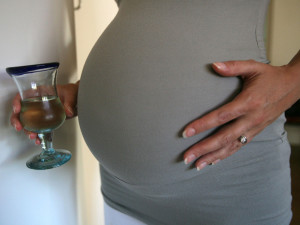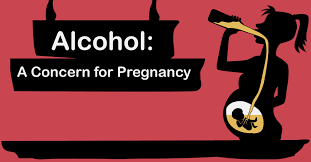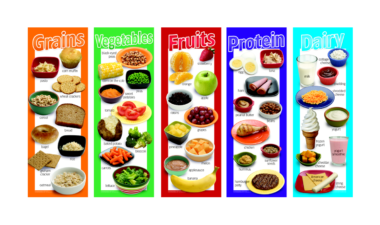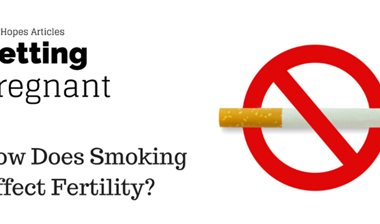The scientific evidence about how low to moderate drinking affects women’s fertility isn’t clear. People often have difficulty accurately reporting their alcohol consumption and it’s hard to do research that isolates alcohol as a lifestyle factor.
However there is enough evidence that alcohol has a negative effect on fertility for the National Health and Medical Research Council to recommend that women trying to get pregnant should not drink alcohol at all.
Heavy drinking can definitely affect fertility, increasing the length of time it takes to get pregnant and reducing the chances of having a healthy baby.
Maternal alcohol consumption can result in a spectrum of harms to the fetus. Although the risk of birth defects is greatest with high, frequent maternal alcohol intake during the first trimester, alcohol exposure throughout pregnancy (including before pregnancy is confirmed) can have consequences for development of the fetal brain.
In females who consume alcohol heavily, the likelihood of heavy or irregular menstrual periods, spontaneous abortion and infertility is greater when alcohol is consumed above the guideline levels (Bradley et al 1998).

The National Health and Medical Research Council alcohol guidelines suggest:
- For women who are pregnant or planning a pregnancy, not drinking is the safest option.
- The potential risks at low levels of maternal alcohol consumption are more likely to be related to neurodevelopmental abnormalities than prematurity, miscarriage, still birth or reduced birth weight.
- For healthy women, drinking no more than two standard drinks on any day reduces the lifetime risk of harm from alcohol-related disease or injury.
- It is recommended for healthy women, to drink no more than four standard drinks on a single occasion.
- For women who are breastfeeding, not drinking is the safest option.



